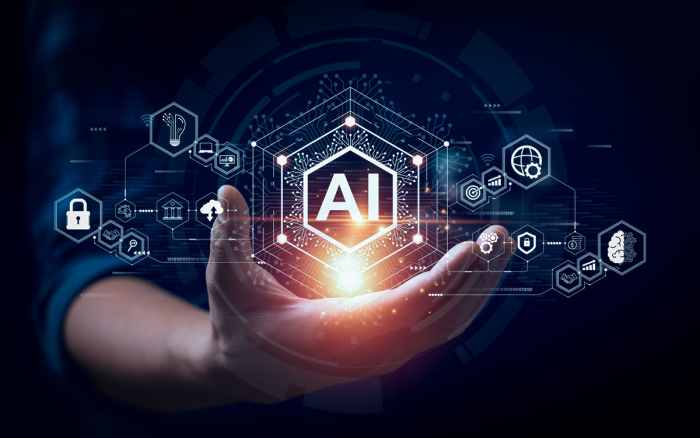AI for Humanity: Navigating Ethics and Morality for a Flourishing Future

The Christian Post, Colorado Christian University and Gloo AI will host a summit on faith and the future of Artificial Intelligence this October.
Scheduled for Oct. 7 at CCU’s Lakewood campus, the summit, “AI for Humanity: Navigating Ethics and Morality for a Flourishing Future” will feature GLOO AI’s Head of Technology (former Intel CEO) Pat Gelsinger, CP Executive Editor Dr. Richard Land, CP Podcaster Brandon Showalter, along with leaders from both the faith and tech sectors to discuss the intersection of faith, technology and higher education.
According to a press release provided to the media on Wednesday, CCU, Gloo AI and CP explained that the event will include “keynote addresses, panel discussions and interactive sessions designed to equip Christian higher education institutions, students and tech innovators with strategies to responsibly integrate AI within a faith-informed framework.”
“The event will bring together thought leaders, educators, technologists and students to discuss ethical AI, innovation and Kingdom-minded technology initiatives,” they added.
Click here to get your tickets for the AI for Humanity event
In a statement provided to CP, CCU President Eric Hogue called the upcoming gathering “a unique opportunity to bring together experts, educators and innovators to explore how faith and technology can advance the Kingdom responsibly.”
“Artificial intelligence is no passing trend — it is advancing rapidly and becoming an integral part of daily life,” stated Hogue. “We are committed to equipping the next generation of Christian leaders in technology and hope to serve as a leading voice in this space.”
In recent years, there has been much debate over the extent to which churches and Christian ministry organizations should embrace the use of AI technologies.
Click here to get your tickets today
According to the State of the Church Tech 2025 report, which collected data from 8,000 church leaders in February, AI use in churches and ministries has increased by 80%.
However, researchers noted that this increase in AI use has been mostly limited to certain tasks, with work such as sermon content and devotionals remaining a largely human endeavor.
“The vast majority of AI use cases revolve around content generation and editing of communication materials like emails, imagery, and social media posts,” the report states.
In April, One Community Church of Plano, Texas, held a three-day summit called Missional AI 2025, which focused on the influence of AI on spiritual and ministerial work.
Over 500 people from over 100 organizations attended the event, which featured speakers including Gelsinger, Barna Group CEO David Kinnaman, and Google DeepMind researcher Richard Zhang.
During his keynote address, Zhang framed AI’s reasoning advancements through a theological lens, saying it was “not just blurring the lines between human and AI, it’s actually blurring the lines between life and death itself in many ways.”
“Instead of thinking of AI becoming more human, I … would propose that it’s more like AI is exposing the parts of us that were dead already,” Zhang said.
Zhang added, “As intelligence gets cheaper, I believe it’ll humble us, it’ll make us become truly desperate for God in a way that will be almost uncomfortable.”
Get your tickets to attend AI for Humanity: Navigating Ethics and Morality for a Flourishing Future















